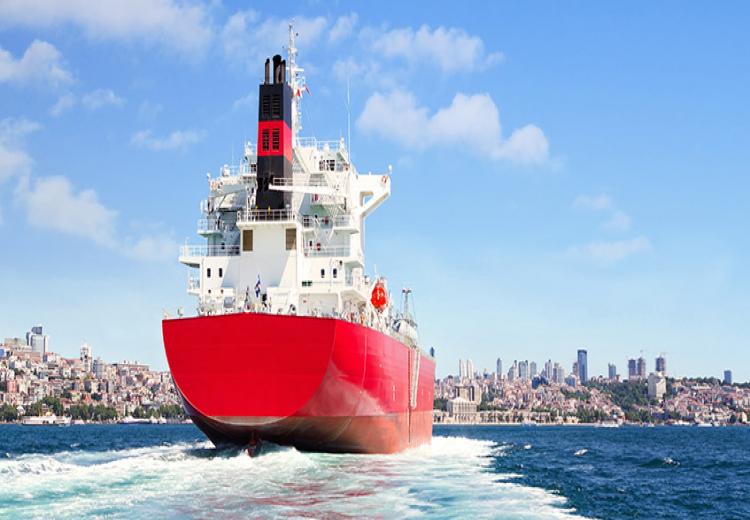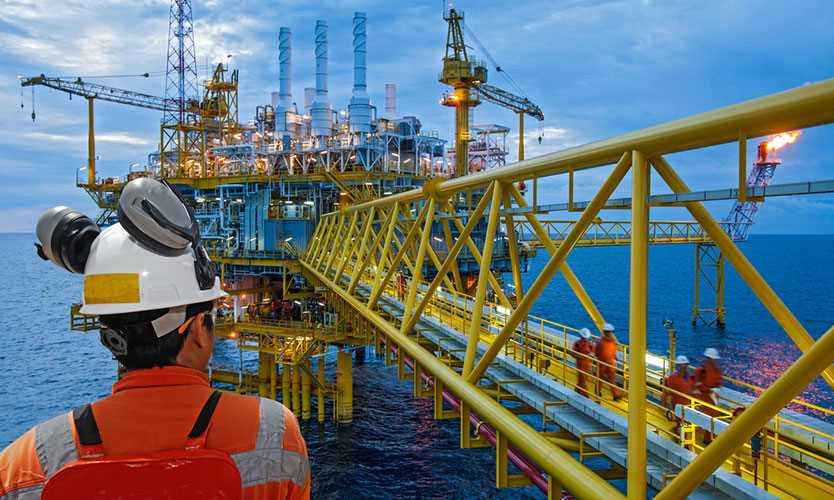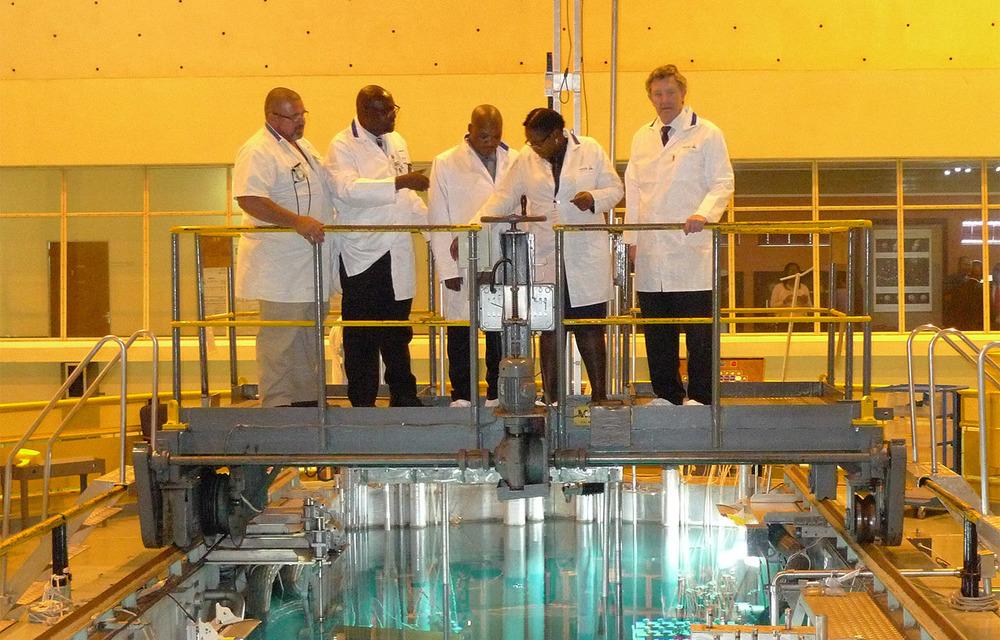Explore Our Bill Payment Services:

- Salary And Allowance
- Engineers Salary
- South Africa
Salaries And Allowances Structure Marine & Ocean Engineering In South Africa
Marine and Ocean Engineering is a highly specialized branch of engineering that plays a pivotal role in South Africa’s economy. The country has one of the most active coastlines in Africa, with vital shipping lanes, busy ports like Durban, Cape Town, and Port Elizabeth, and offshore exploration operations in oil and gas. Marine engineers are at the core of this ecosystem, ensuring the smooth design, operation, and maintenance of ships, propulsion systems, offshore rigs, and port infrastructure.
Beyond the technical fascination of working in a maritime environment, one of the most practical considerations for any career is compensation. For marine engineers in South Africa, the salary structure is generally competitive, with opportunities for significant growth over time. Compensation is influenced by various factors including experience, geographic location, employer type, and the specific role within the marine sector. This article explores the salary and allowance structure of marine engineering in South Africa, analyzing average pay, progression through career stages, regional variations, and additional benefits that make the field attractive.
General Salary Overview
Marine engineers in South Africa can expect a broad range of salaries depending on where they start and how far they progress in their careers. On average, annual salaries typically fall between R350,000 and R400,000 per year, translating to about R29,000 to R33,000 per month.
-
Entry-level positions usually start at around R180,000 to R210,000 per year (roughly R15,000 to R17,500 per month). These positions are often filled by fresh graduates or junior engineers who are still building their technical and practical expertise.
-
Mid-level professionals, with about five to ten years of experience, tend to earn in the range of R350,000 to R450,000 annually, which is approximately R30,000 to R37,500 per month.
-
Highly experienced marine engineers, especially those with more than 15 years of expertise, specialized certifications, or leadership roles, can command salaries exceeding R700,000 annually, with top-tier roles surpassing R1 million per year.
In addition to the basic salary, bonuses and other forms of variable compensation significantly increase total earnings. Performance-based bonuses often range from R10,000 to R60,000 annually, while profit-sharing, project-based allowances, and sea allowances further supplement base pay.
Salary Growth by Experience
Like many engineering disciplines, marine engineering strongly rewards experience. Professionals who invest time in the industry, gain advanced certifications, and handle complex responsibilities see steady and substantial growth in their income.
-
0–2 years of experience: Around R200,000 per year. Engineers at this stage are typically training under senior engineers, working on less critical systems, and learning the ropes of marine regulations and safety standards.
-
2–5 years: Salaries rise to about R280,000–R300,000 annually. At this point, engineers often handle independent projects such as supervising ship repairs, engine diagnostics, or offshore platform maintenance.
-
5–10 years: Professionals earn approximately R370,000–R445,000 per year. These engineers may manage teams, coordinate with international shipowners, or oversee advanced propulsion and navigation systems.
-
10–15 years: Income rises further to about R450,000–R500,000 annually. Senior engineers in this bracket frequently hold leadership roles, manage entire departments, or supervise multiple vessels and port-side projects.
-
15–20 years: Salaries approach R500,000–R600,000 annually, with some professionals earning higher if they are in high-demand roles such as offshore oil and gas.
-
20+ years: Veterans in the field, particularly those in strategic or consultancy positions, can surpass R700,000 annually, with some exceeding R1 million if they are in specialized offshore or international roles.
This career-long trajectory highlights marine engineering as a field with strong financial potential, especially for those who commit to continuous learning and upskilling.
City-Based Salary Breakdown
Location plays an important role in determining salaries, as South Africa’s coastal cities and provinces host the majority of marine activity.
-
Johannesburg: While Johannesburg is inland, it houses many head offices for shipping companies, logistics firms, and engineering consultancies. Marine engineers in Johannesburg typically earn an average of R30,000 per month, ranging between R15,000 and R47,000. Those in senior corporate roles may earn higher salaries compared to their peers in port cities.
-
Durban: As the busiest port in South Africa and one of the largest in Africa, Durban is a hub for marine engineers. Entry-level salaries here are slightly above average, starting near R220,000 annually, with senior engineers earning over R500,000. Specialized roles, such as ship surveyors or offshore oil and gas engineers, may pay even more.
-
Cape Town: Home to naval shipbuilding and repair facilities, Cape Town offers competitive pay similar to Durban. Average salaries hover around R28,000 to R35,000 per month, depending on specialization.
-
Gauteng Province: Engineers in this province, especially in Pretoria and Johannesburg, average around R28,000 monthly, aligning closely with the national average.
Interestingly, anecdotal data suggests that certain roles in Durban—especially offshore-based or shipping management positions—may offer salaries as high as R60,000 per month, reflecting the city’s strategic importance to global shipping.
Employer & Role-Based Variations
The type of employer significantly affects earnings.
-
State-owned enterprises: Organizations like Transnet, which manage South Africa’s ports and rail infrastructure, employ a large number of marine engineers. Their salaries typically fall between R40,000 to R44,000 per month, inclusive of base pay and allowances.
-
Private shipping companies: International shipping firms often pay more than local companies, with salaries sometimes exceeding R700,000 annually for senior positions.
-
Oil, gas, and offshore engineering firms: These employers offer some of the highest salaries in the field, often surpassing the R1 million annual mark, because of the challenging and hazardous nature of the work.
-
Naval and defense sectors: Engineers employed in the naval industry may earn slightly less than in private shipping but benefit from job stability, structured career growth, and robust pension schemes.
The role itself also matters. For example, a marine design engineer working on naval architecture projects may have a different salary trajectory than a shipboard mechanical engineer maintaining propulsion systems at sea.
Allowances & Benefits
Base salary is only one part of the compensation structure in marine engineering. Allowances and benefits often make a significant difference in the overall package:
-
Bonuses & Profit-Sharing: Many marine engineers receive annual performance-based bonuses, which can range from modest amounts to several tens of thousands of rand. In some companies, engineers also benefit from profit-sharing schemes tied to company or project performance.
-
Sea Allowances: For shipboard engineers or those working offshore, additional pay is provided to compensate for time spent at sea, long shifts, and extended periods away from home. These allowances can be quite substantial.
-
Travel & Accommodation: Marine engineers often travel extensively, especially when overseeing ship repairs in foreign docks or offshore sites. Employers usually cover flights, lodging, and provide daily subsistence allowances.
-
Overtime Pay: Given the 24/7 nature of shipping, overtime pay is a common feature for engineers working in port operations or shipboard environments.
-
Insurance and Pension Contributions: Comprehensive health insurance, life cover, and pension plans are standard benefits offered by many larger employers.
-
Certification Incentives: Holding internationally recognized certifications such as STCW (Standards of Training, Certification, and Watchkeeping for Seafarers) often comes with financial incentives or eligibility for higher-level positions.
Factors Influencing Compensation
Several key factors shape the salary progression of marine engineers in South Africa:
-
Experience – The most significant determinant, with salaries almost doubling between entry-level and senior stages.
-
Location – Engineers in port cities like Durban or Cape Town may earn slightly more than those inland.
-
Employer Type – Multinational shipping and offshore companies generally pay more than small local firms.
-
Specialization – Engineers focusing on offshore oil and gas, naval architecture, or advanced propulsion systems command higher salaries.
-
Education & Certifications – Advanced degrees or professional maritime certifications can lead to faster promotions and better pay.
-
Market Demand – Economic factors such as global shipping activity or offshore oil exploration can cause salary adjustments across the sector.
Estimated Compensation Table
| Role / Experience Level | Approx. Annual Salary (R) | Monthly Equivalent |
|---|---|---|
| Entry-Level (0–2 years) | R200,000 – R210,000 | ~R17,500 |
| Early Career (2–5 years) | R283,000 – R300,000 | R23,600 – R25,000 |
| Mid-Career (5–10 years) | R368,000 – R445,000 | R30,600 – R37,100 |
| Experienced (10–20 years) | R485,000 – R632,000 | R40,000 – R52,600 |
| Employer-Specific (e.g., Transnet) | R500,000 – R530,000 | R42,000 – R44,000 |
| Top-Tier / Offshore Roles | R700,000 – R1,160,000+ | R58,000 – R96,000+ |
Conclusion
Marine and Ocean Engineering in South Africa offers a financially rewarding career path for those willing to embrace its technical challenges and often demanding working conditions. Salaries for early-career professionals start at modest levels of around R200,000 annually, but steady growth ensures that mid-career engineers comfortably earn between R350,000 and R450,000. With experience, advanced certifications, and specialization, it’s possible to earn R700,000 to over R1 million annually.
In addition to base pay, allowances such as bonuses, overtime, sea allowances, and employer-provided travel benefits make the total compensation package even more attractive. Geographic location and employer type also influence earnings, with Durban and Cape Town providing some of the best opportunities due to their active maritime industries.
Ultimately, marine engineering in South Africa is more than just a job—it’s a career with global relevance, strong financial incentives, and opportunities to contribute to one of the country’s most critical economic sectors. For those passionate about the ocean, ships, and engineering innovation, it represents one of the most rewarding technical career paths available.









